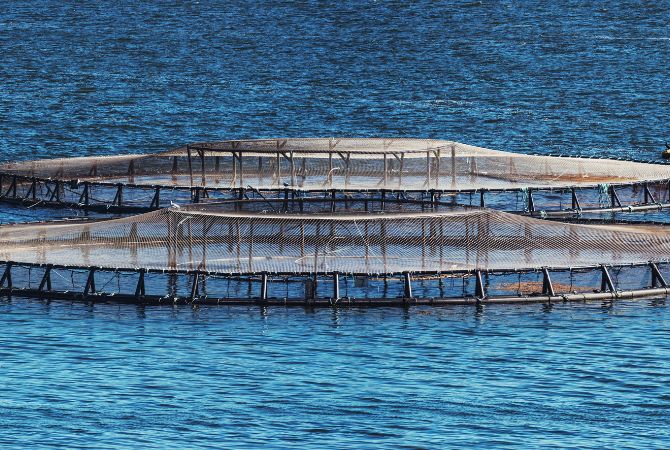Australia Jobs
Aquaculture Worker

Australia
---
Job Description
We look forward to hearing from enthusiastic and motivated people looking for a great career in Australian aquaculture. The role of aquaculture worker is the primary hands-on role responsible for the production of prawns within the farms. The role requires an individual who has sufficient physical capacity to undertake the necessary tasks. It is expected that aquaculture workers follow processes, procedures, and instructions as provided by their managers and leaders. A strong work ethic and focus on outcomes are also required. Workers are expected to “roll up their sleeves” to ensure that production is delivered.
Responsibilities include:
- Undertaking all aspects of prawn production from PL production to harvest (inclusive).
- Feeding prawns.
- Operating plant & equipment including vehicles and feeders.
- Undertaking water exchanges.
- Assisting in prawn harvests.
- Setting, fixing and retrieving nets and harvest equipment.
- Loading, unloading, moving, packing, constructing of prawn production mediums (including baskets, cages, nets and racking).
- Recording data.
- Wash and change nets and screens.
- Operating mechanical equipment such as grading machines.
- General maintenance duties.
- Move materials and equipment.
- Prepare the product for market/transport.
- Contribute to the production outcomes.
- Undertake training to ensure that routine husbandry activities comply with production protocols and are carried out effectively and safely.
- Feed prawns and monitor feed uptake.
Requirements:
- Valid rights to work in Australia (business sponsorship is not available).
- Current drivers licence.
- Reliable vehicle to get to and from work.
- Willing to work rotational shifts.
- Previous experience in a manual labouring role (desirable).
- Capable of undertaking manual handling tasks as expected in an aquaculture production environment. Including to lift and handle 20kg feed bags.
- Happy to work outdoors as required to support prawn production.
- Collaborative and able to work with others to achieve a common goal.
- Ability to readily communicate with a diverse group of employees.
- Commitment to Safe work practices.
- Comfortable working in a regional and isolated site.
- Ability to travel within the geographic service area may be required.